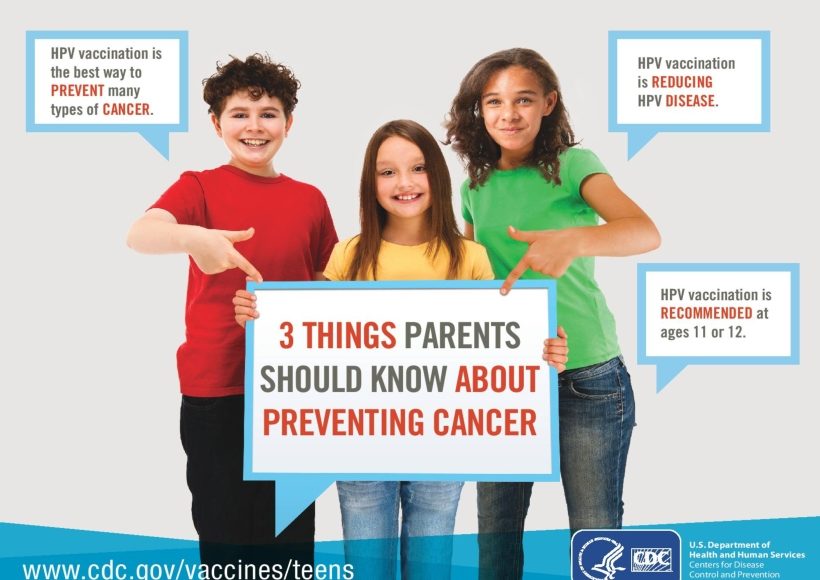Over the past decade, approximately 270 women diagnosed with cervical cancer died each year. This is according to information released by the Ministry of Public Health, even as it strives to halt the daunting scourge of the disease which continues to claim the lives of far too many women due to the dreaded Human Papilloma Virus (HPV).
HPV is said to be the most common sexually transmitted infection. Although it is usually harmless and can go away by itself, there are some types that can lead to cancer or genital warts. The majority of the victims of HPV are women who eventually develop cervical cancer.
According to the World Health Organization (WHO), an estimated 630,000 new HPV-related cancers occurred in women seven years ago. In fact, its 2012 statistics showed that 84 percent or 530,000 of that figure were women with cervical cancer.
It was with such known statistics in mind that the Ministry of Public Health in a public announcement said that a decision was made in 2012 to expand access to the cancer-fighting vaccine GARDASIL to the population.
Since taking office in 2015, the APNU+AFC government has been continuing the fight against HPV. This has been complemented by a massive national awareness campaign which has as its aim to highlight the benefits of GARDASIL to combat HPV in light of numerous concerns about possible negative outcomes. In its awareness efforts the Ministry has hosted extensive public consultations with a wide cross-section of individuals and organisations including relevant medical professionals and Parent-Teacher Associations of all primary and secondary schools across the country. As part of its tactical move, the Ministry has also initiated dozens of HPV sensitisation sessions with religious leaders and youth groups among other key target audiences, the Ministry has informed.
In a public announcement, the Ministry said that “it has spared no effort in ensuring that cultural and academic-based activities were conducted to further utilise the best available communications platforms to sensitise the nation about its HPV-prevention strategy.”
These efforts, the Ministry has revealed, were and are being done by utilising traditional and new media platforms including edutainment, impromptu speech forums, essays, debating and poetry competitions.









